Professor Tilli Tansey, OBE, FMedSci
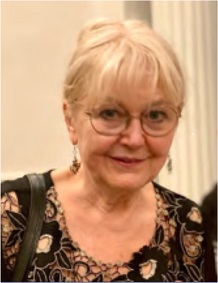
Speaker: Professor Tilli Tansey, Emeritus Professor of Medical History & Pharmacology, William Harvey Research Institute, Barts&The London School of Medicine and Dentistry, QMUL;
Honorary Professor, Department of Neuroscience, Physiology & Pharmacology, UCL
Talk title: Clinical Pharmacology post second world war
Biography: After receiving her PhD (on catecholamines in Octopus brain), Tilli spent several years as a research neuroscientist. In 1990 she achieved a PhD in medical history and was a staff member of the Wellcome Trust and later UCL, becoming Professor of the History of Modern Medical Sciences there before joining QMUL. She is now Emeritus Professor of Medical History & Pharmacology at the William Harvey Research Institute, QMUL, and Honorary Professor in the Department of Neuroscience, Physiology and Pharmacology, UCL.
She is a Fellow of the Academy of Medical Sciences, and an Honorary Fellow of the Royal College of Physicians of London, the Royal Society of Medicine, the Physiological Society and the Worshipful Society of Apothecaries. She is an Honorary Heritage Adviser to the British Pharmacological Society and gave the first Paton Lecture to the BPS. She has published widely in the history of modern medical sciences and created numerous freely available resources in the field (http://www.histmodbiomed.org/ ), with an extensive series of audio and video interviews that includes several pharmacologists http://www.histmodbiomed.org/article/drugs-and-pharmacologists.html
Professor Sir Munir Pirmohamed
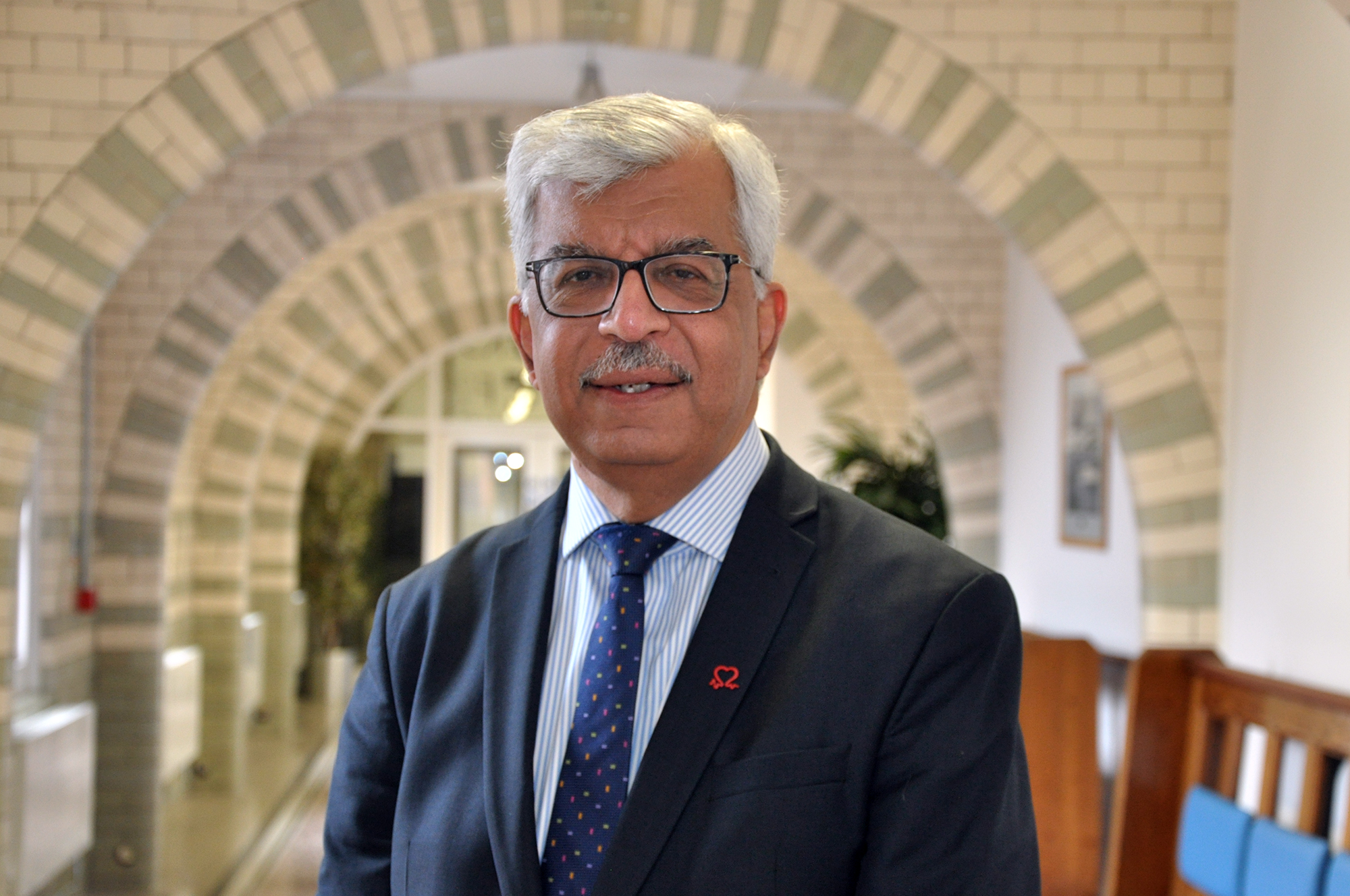
Speaker: Sir Munir Pirmohammed, University of Liverpool
Biography: Professor Sir Munir Pirmohamed (MB ChB, PhD, FRCPE, FRCP, FFPM. FRSB, FBPhS, FMedSci) is David Weatherall Chair in Medicine at the University of Liverpool, NHS Chair of Pharmacogenetics, and a Consultant Physician at the Royal Liverpool University Hospital. He is Director of the Centre for Drug Safety Sciences, and Director of the Wolfson Centre for Personalised Medicine. He is also Director of HDR North. He is an inaugural NIHR Senior Investigator, Fellow of the Academy of Medical Sciences in the UK, Commissioner on Human Medicines. He was President of British Pharmacological Society from January 2020-December 2021, and is currently President of the Association of Physicians. He was awarded a Knights Bachelor in the Queen’s Birthday Honours in 2015. His research focuses on personalised medicine, clinical pharmacology and drug safety in a variety of disease areas, including cardiovascular medicine.
Professor Adam Cohen
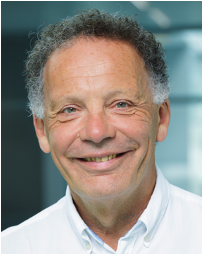
Speaker: Prof Adam Cohen, professor of clinical pharmacology, Centre for Human Drug Research, Leiden, Netherlands
Talk title: History of BJCP
Biography: Adam Cohen graduated in Pharmacy and Medicine from Leiden University. He worked at the department of Clinical Pharmacology of the Wellcome Research Laboratories in the UK in early development and larger trials in cardiovascular disease as project leader for one of the first biotech developments in Europe. He obtained a PhD degree from Leiden University (1986). He had a clinical attachment in internal medicine and nephrology in King’s College Hospital London.
Between 1987 and 2018 he was CEO of the Centre for Human Drug Research (CHDR), a research centre for early drug development and proof of concept studies in healthy subjects and patients. From 2018 he was Director of Innovation Services at CHDR and involved in advice and innovation. He is emeritus professor of Clinical Pharmacology at Leiden University Medical Centre and clinically attached to the department of nephrology and still actively involved in undergraduate and graduate education. He was vice-chairman of the Central Ethics Committee and the Competent Authority (CCMO) of the Netherlands between 1999 and 2011. He was Editor-in-Chief of the British Journal of Clinical Pharmacology until 2020. Adam has been non-executive board member of Omnicomm Inc(OMCM) in the USA until its acquisition and on the supervisory Board of the Rotterdam Eye Hospital. Since 2021 he advises biotech startups, venture capital investors and is active as an educator and publicist as well as a GP for Ukranian refugiees and an active amateur clarinettist.
Professor Ann Daly
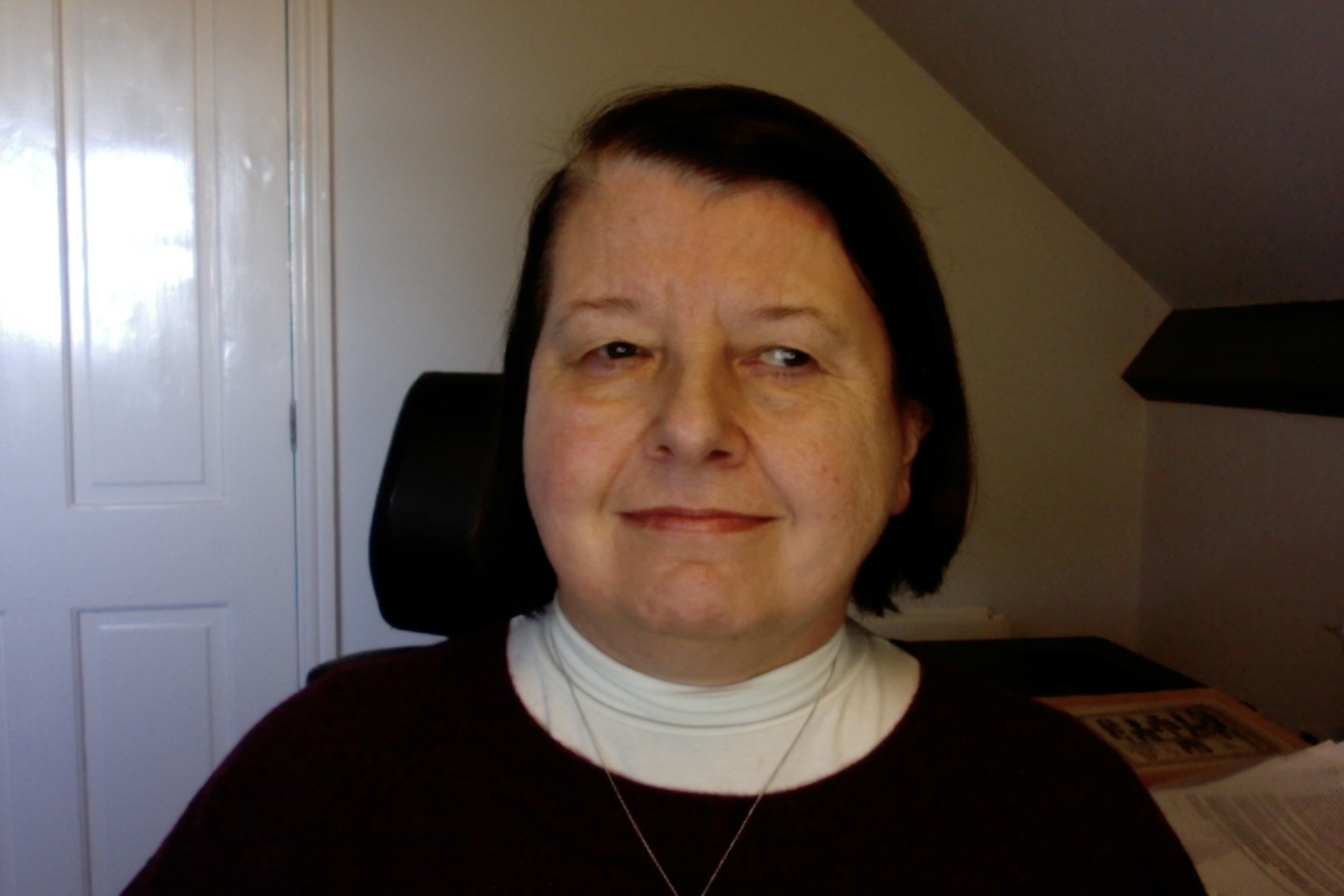
Speaker: Professor Ann Daly, University of Newcastle
Talk title: BJCP and Personalised Medicine
Biography: Ann Daly is Professor of Pharmacogenetics at the Faculty of Medical Sciences, Newcastle University, Newcastle upon Tyne, UK. She holds BA and PhD degrees in Biochemistry from the University of Dublin (Trinity College). She was a postdoc at the University of Geneva and then moved to Newcastle University where she was a founder member of the Newcastle Pharmacogenetics Research Group. Her current research is focused on the genetic susceptibility to idiosyncratic adverse drug reactions, pharmacogenetics of the human cytochromes P450 and the genomics of complex diseases, particularly liver disease. She has been a Senior Editor of the British Journal of Clinical Pharmacology since 2020. She has published over 250 peer reviewed articles and has a H-index of 101.
Professor Catriona Waitt
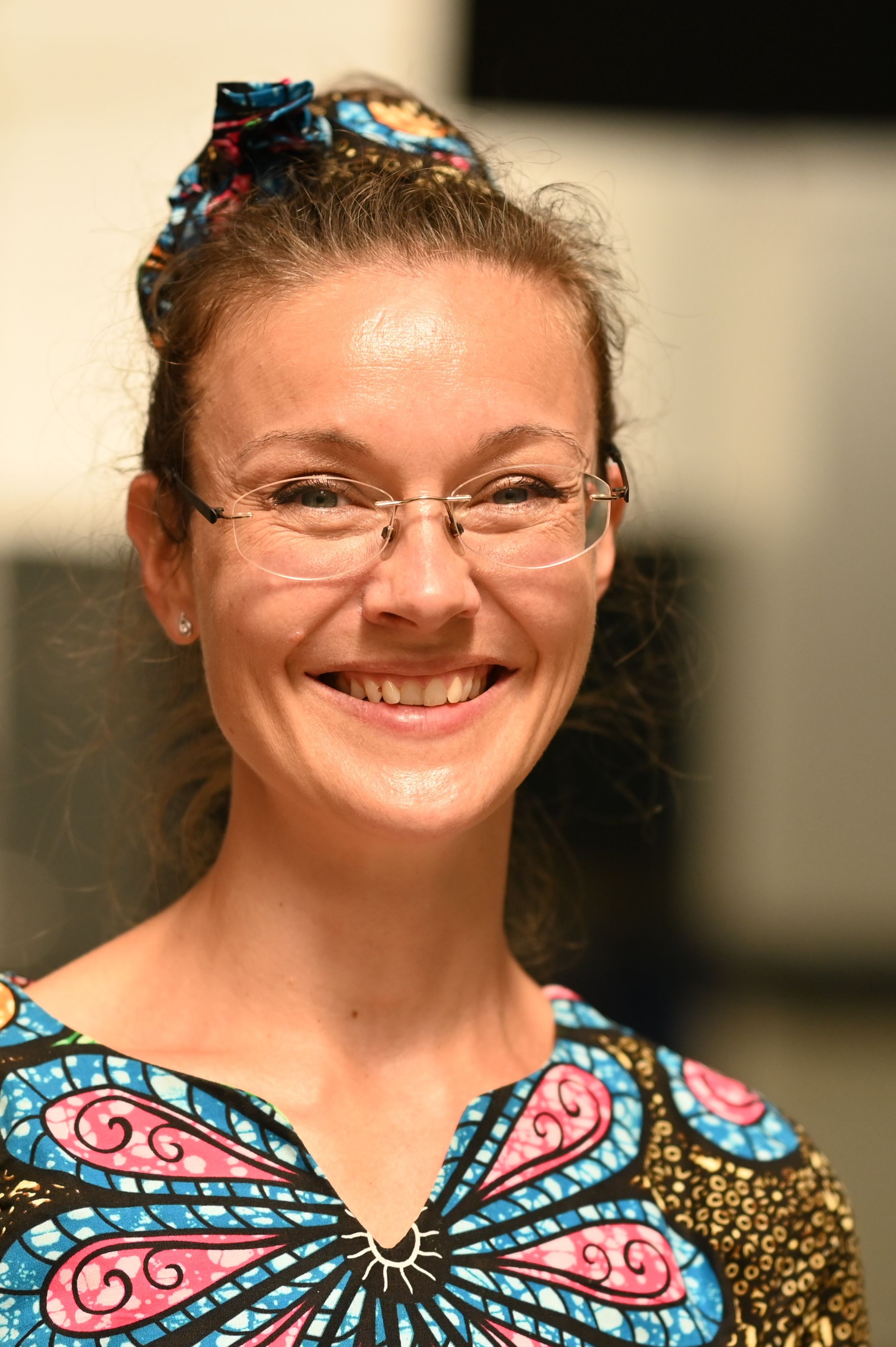
Speaker: Professor Catriona Waitt, University of Liverpool
Talk title: BJCP and Global Outreach
Biography: Catriona Waitt is a Professor of Clinical Pharmacology and Global Health at the University of Liverpool, UK, and is undertaking her Wellcome Clinical Research Career Development Fellow at the Infectious Diseases Institute, Makerere University College of Health Sciences, Kampala, Uganda. Her major interest is drug dosing and safety in populations who are complex and often neglected from clinical trials, particularly pregnant and breastfeeding mothers and their infants. Her fellowship “MILK: Maternal and Infant Lactation pharmacokinetics” explores the transfer of a range of anti-infective drugs from mother to breastfed infant, combining clinical studies and pharmacometric approaches. Alongside her research, she is a member of the Scientific Advisory Board of Pharmacometrics Africa and all her work has a strong capacity-building aspect.
Professor Geoffrey Tucker
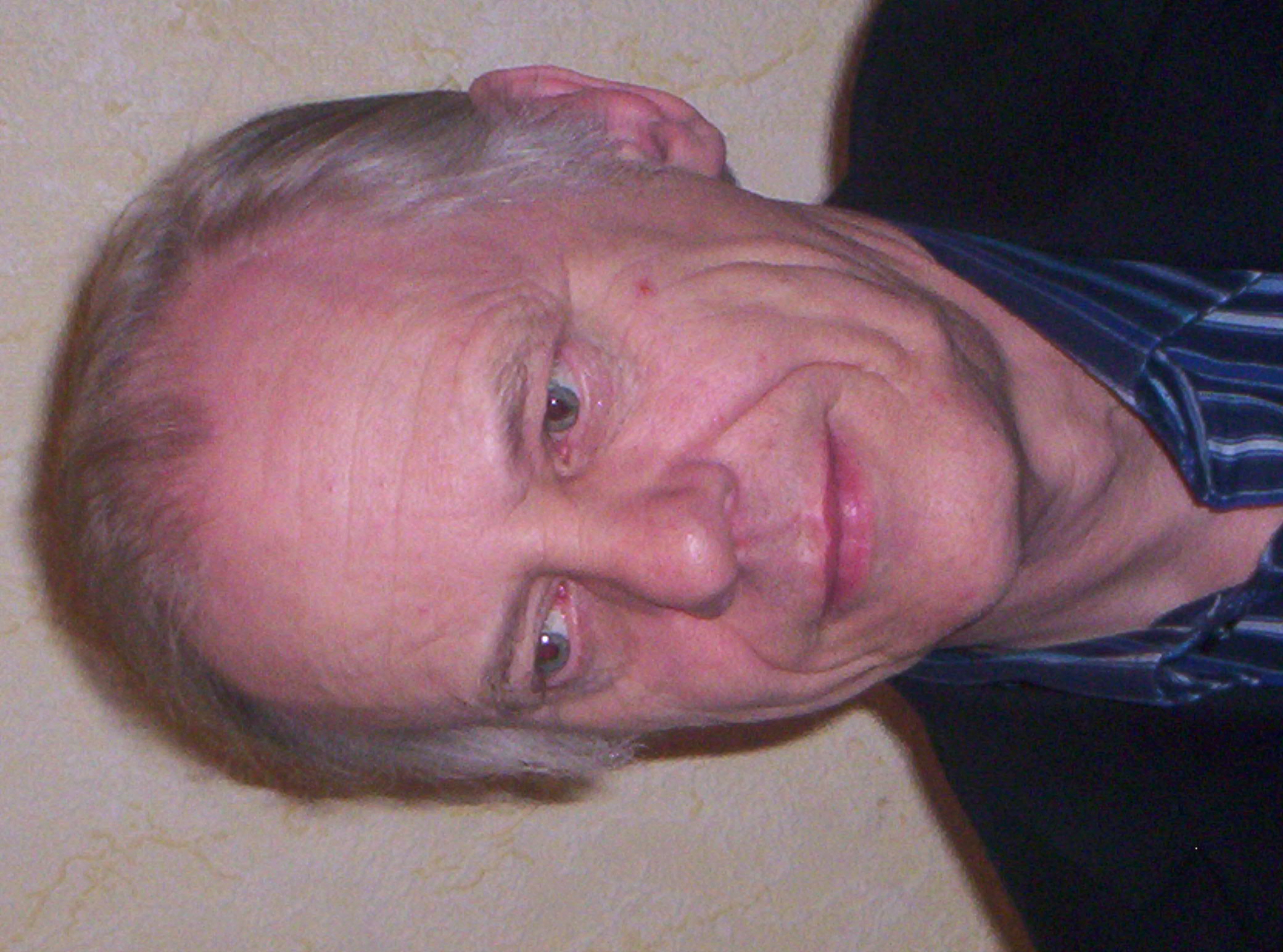
Speaker: Professor Geoffrey Tucker, University of Sheffield
Talk title: History of BJCP
Biography: Emeritus Professor of Clinical Pharmacology and former Head of the Academic Unit of Clinical Pharmacology at the University of Sheffield, UK. Graduated in pharmacy (1964) with a Ph.D (1967) from the University of London (Chelsea College) and has an Honorary Doctorate (2009) from Uppsala University, Sweden. He was at the Virginia Mason Research Center (Seattle) and the Anesthesia Research Center, University of Washington from 1968-72.
His main research interests are pharmacokinetics, drug metabolism, pharmacogenetics, bioequivalence and the pharmacology of drugs used in anaesthesia. Author of over 400 scientific articles; rated in 2002 amongst the top 200 most cited pharmacologists worldwide by the Institute of Scientific Information.
Chairman of the Editorial Board of the British Journal of Clinical Pharmacology (1995-2002), Member of the Council of the British Pharmacological Society (1995-2002), of the Chemistry, Pharmacy and Standards Committee of the Committee on Safety of Medicines UK Medicines Commission (1990-1999), and of of the Expert Advisory Medicines Committee UK (2000- 2016). Expert Advisor to the European Medicines Agency (2008-2014), Council Member of the Clinical Division of The International Union of Pharmacology (1995-2005), Member (1995-8; 2005-18), Vice-President (2008-12) and Chairman of the Board of Pharmaceutical Sciences (2008-16) of the International Pharmaceutical Federation, Councillor (1988-91; 2004-2011), President-elect (2013-2015), President (2015-2017) and Honorary Member (2018-) of the International Society for the Study of Xenobiotics. Founding Member and Elder of the African Society for Drug Metabolism and Development (2007-), Member of the Senate of the European Federation of Pharmaceutical Sciences, , Fellow of the Royal College of Anaesthetists, and of the Royal College of Physicians of Edinburgh, Honorary Fellow of the Faculty of Pharmaceutical Medicine, Royal College of Physicians UK, of the British Pharmacological Society, of the British Toxicological Society, of the International Pharmaceutical Federation and of the American College of Clinical Pharmacology, Honorary Member of the Royal Pharmaceutical Society of Great Britain and the Australasian Society of Clinical and Experimental Pharmacologists and Toxicologists. The British Pharmacological Society Australasian Visitor (1987), the ASRA Lecturer (American Society of Regional Anesthesiology) (1991), Science Chairman of the British Pharmaceutical Society Conference (1995), the ESRA Lecturer (European Society of Regional Anaesthesia) (1997), Recipient of the GSK (1984) and Lilly (2000) Prizes of the British Pharmacological Society (2000). Visiting Professor at the Universities of Harvard (1981), Cincinnati (1983), Queensland (1981) and Otago (2000) and the US FDA Center of Drug Evaluation & Research (2001) and the ‘Candlelight Lecturer’ of the Swedish Academy of Pharmaceutical Sciences (2002). Recipient of the EUFEPS Award for Innovation in New, Faster, Safer Medicines (2004). Member of the organising committees of over 30 international conferences, and of the editorial boards of 15 journals (past and present).
Co-Founder and Chair (2000-12) of Simcyp Ltd, a University of Sheffield spin-out company that provides a platform for the prediction of pharmacokinetics/pharmacodynamics and the extent of drug-drug interactions with regard to demographics, ethnicity, genetics, formulation and disease. The company received the Queen’s Award for Innovation in Industry (2010) and was acquired by Certara In 2012.
Dr Jeffrey Aronson
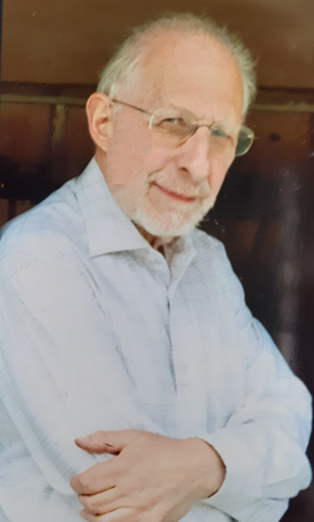
Speaker: Dr Jeffrey Aronson, University of Oxford
Talk title: History of BJCP
Biography: Dr Jeffrey Aronson is a Physician and Clinical Pharmacologist working in the Centre for Evidence Based Medicine in the University of Oxford. He has written widely about all aspects of clinical pharmacology and about medical history, the philosophy of medicine, and medical language. He writes a weekly BMJ opinion column under the general title “When I Use a Word ….”. He was Editor-in-Chief of Meyler’s Side Effects of Drugs—The International Encyclopedia of Adverse Drug Reactions and Interactions (16th edition, 2015) and of its annual update volumes (Side Effects of Drugs Annuals 15–35). He chairs the British Pharmacopoeia Commission’s Expert Advisory Group on Pharmacy and Nomenclature and is a member of the WHO’s Expert Advisory Panel on International Pharmacopoeia and Pharmaceutical Preparations. He is President Emeritus, an Honorary Fellow, and immediate past Vice-President Publications of the British Pharmacological Society; an Honorary Fellow of the Faculty of Pharmaceutical Medicine of the Royal College of Physicians; and an Emeritus Fellow of Green-Templeton College, Oxford.
Professor James Dear
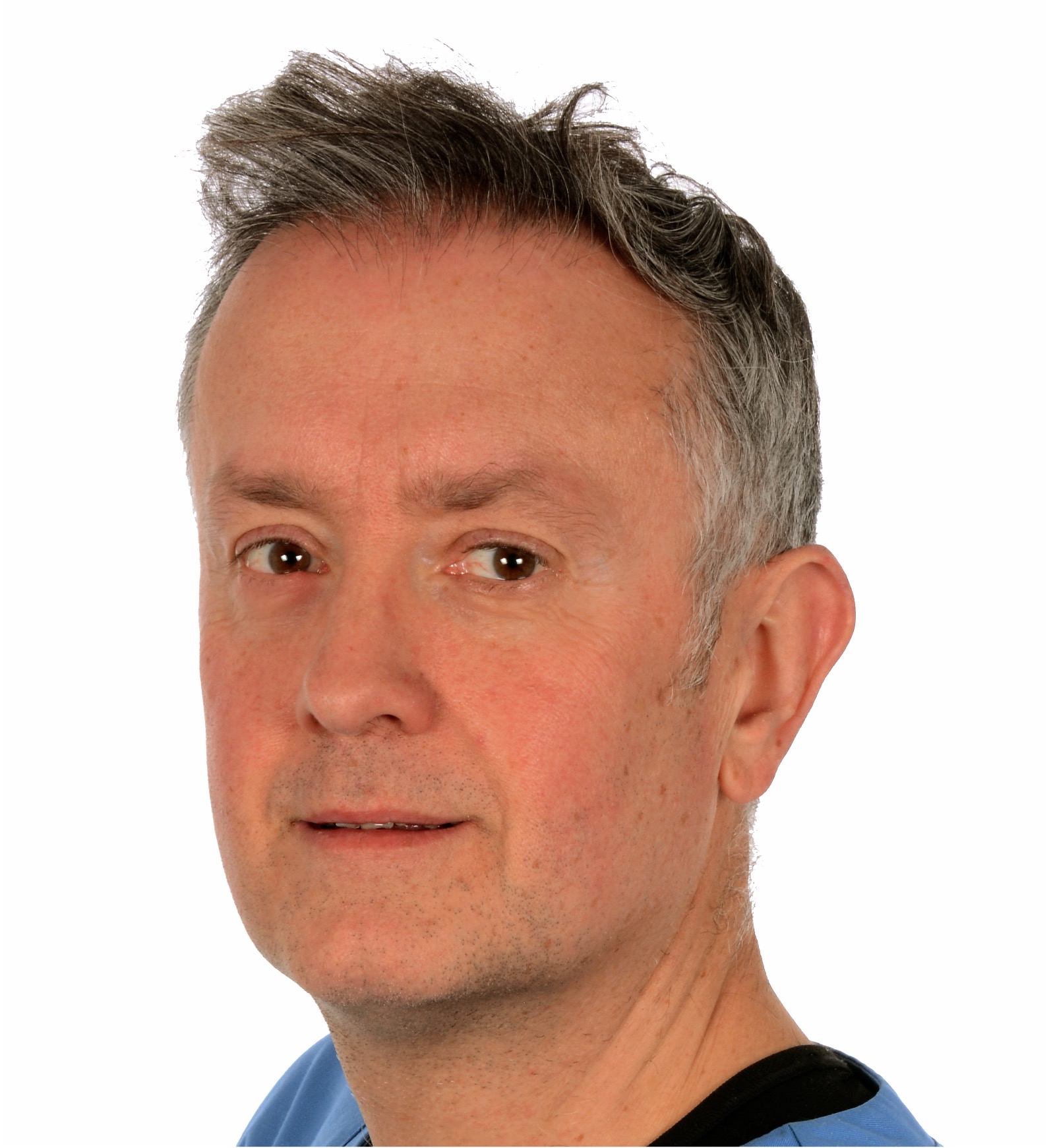
Speaker: Professor James Dear, University of Edinburgh
Talk title: BJCP and Toxicology
Biography: Professor James Dear is a Clinical Pharmacologist at the University of Edinburgh and a Consultant for the National Poisons Information Service. His overall objective is to make medicines safer for patients. He focuses specifically on developing novel point of care biomarkers for drug toxicity, which has great importance to both clinical patient care and commercial drug development. Paracetamol overdose is the leading cause of acute liver failure in the Western world. Professor Dear is developing novel treatments for those patients at high risk of liver failure, a group without effective treatments. This includes leading multi-centre trials of new first-in-class therapeutics and Advanced Therapies, such as cell therapy, to repair the injured liver.
Dr Emma Magavern
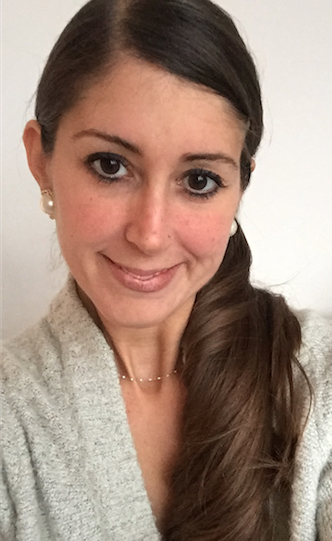
Speaker: Dr Emma Magavern
Dr Magavern is a Clinical Pharmacology Registrar in London and a PhD candidate at the William Harvey Research Institute, QMUL, working with Professor Mark Caulfield. She completed a BA in English prior to her MD and subsequent MScs in Bioethics and Genomics. Through training in clinical medicine, humanities, genetics and pharmacology she has developed an interest in the scientific merits, clinical potential and implementation challenges of pharmacogenomics. She was co-secretary of the RCP/BPS working group on pharmacogenomics and led the ESC pharmacotherapy working group pharmacogenomics position paper. She is part of the newly appointed NHS England Network of Excellence for Pharmacogenomics.
Professor Michael Rieder
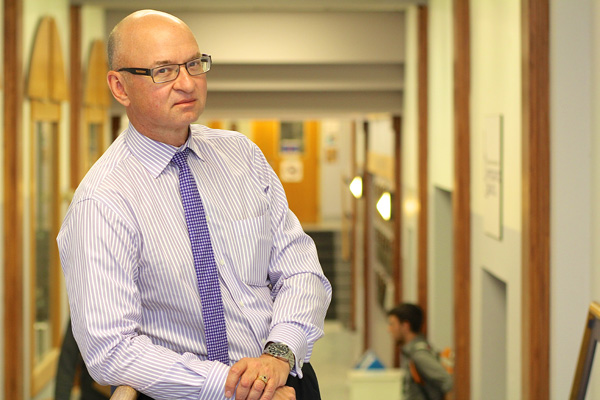
Speaker: Professor Michael Rieder, Western University, Canada
Talk title: BJCP and Global Outreach
Biography: Dr. Rieder obtained his MD at the University of Saskatchewan in 1980 and Ph.D. at the University of Toronto in 1992. His paediatric residency training was at Children's Hospital of Michigan followed by fellowships in Paediatric Emergency Medicine and Clinical Pharmacology at the Hospital for Sick Children in Toronto. He is a Distinguished University Professor in the Departments of Paediatrics, Physiology and Pharmacology and Medicine at Western University and a Scientist at the Robarts Research Institute. He is a member of the Drug Therapy Committee of the CPS and has served as a consultant to Health Canada, the NIH, the MRC and the Canadian College of Academies. Dr. Rieder's research focuses on drug and food safety and optimal therapeutics in children. His work is supported by Genome Canada, CIHR and NSERC. Dr. Rieder has published 4 books, 33 book chapters and over 300 peer-reviewed manuscripts and has trained more than 50 fellows and graduate students. His work has resulted in the creation of two new Canadian companies. Assay kits made by these companies have been approved for regulatory use by Health Canada and the US FDA and are being used across North America. He received many awards including the 1994 and 1996 Young Investigator of the Year for the Canadian and American Societies of Clinical Pharmacology, Senior Investigator Award of the Canadian Society of Clinical Pharmacology, the Academic Leadership Award in Clinical Investigation from the Paediatric Chairs of Canada, the Sumner Yaffe Lifetime Achievement Award for Pediatric Pharmacotherapy and Fellowships from the Canadian Academy of Health Sciences and the British Pharmacology Society. He is the Senior International Editor of the British Journal of Clinical Pharmacology and an Editor of Paediatrics and Child Health. He holds the CIHR-GSK Chair in Paediatric Clinical Pharmacology, the only endowed Chair in Paediatric Clinical Pharmacology in Canada and is the Past President of the Canadian Society of Pharmacology and Therapeutics.
Professor James Ritter
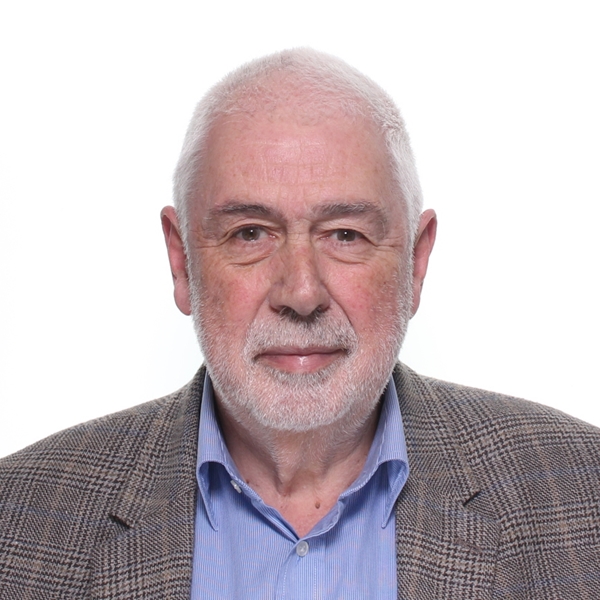
Speaker: Professor James Ritter, Kings College London
Talk title: History of the BJCP
Jim Ritter is Emeritus Professor of Clinical Pharmacology at KCL and co-author of the current edition of Rang and Dale’s “Pharmacology”. His DPhil on cholinergic receptor desensitisation was supervised by Humphrey Rang and he subsequently studied medicine at Oxford, followed by residency at Johns Hopkins Hospital and various spells in Colin Dollery’s department at the Royal Postgraduate Medical School, before moving to Guy’s and St Thomas’s hospitals where his research was mainly in human mediator pharmacology. After retiring from clinical medicine he worked in the Guy’s Drug Research Unit, focusing on first-in-human studies, and subsequently in the GSK unit in Addenbrooke’s hospital. He was editor-in-chief of the BJCP from 2007-2014.
Professor Robert Likic
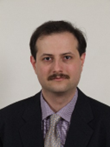
Speaker: Professor Robert Likic, University of Zagreb School of Medicine
Talk title: Present day and future of BJCP
Biography: Dr Likic qualified in Medicine with honours at the University of Zagreb Medical School in 2001, after receiving the Dean’s award for the best student of medicine in 1999. Following internship, he trained in general internal medicine at the University Hospital Centre Zagreb and developed an interest in the effectiveness of problem-based learning applied to the teaching of clinical pharmacology. He became board certified in internal medicine in 2007 and was awarded a PhD degree in 2008. He currently holds a tenured position of a professor in internal medicine and prescribing at the Zagreb Medical School and also works as a consultant internist and clinical pharmacologist at the University Hospital Centre Zagreb while continuing to have an active research interest into the effectiveness of medical education both at undergraduate and postgraduate levels, pharmacoeconomics, health technology assessment, medical informatics as well as rational use of medicines. Dr.Likic has had significant success in international collaboration with funding secured from the British Council to organize a multinational meeting in Zagreb in 2008 on rational use of medicines and he also received the Matovinovic fellowship award in 2009 which allowed him to spend 6 months working as a visiting scholar at the University of Michigan Medical School (Ann Arbor). So far, Dr.Likic published more than 100 research papers in Current Contents indexed journals and also participated actively in national and international meetings focused on pharmacology, clinical pharmacology and pharmacoeconomics. He is a member of several national drug committees and societies as well as an active board member of the committee for education of the European Association for Clinical Pharmacology and Therapeutics (EACPT) and he is also a councillor and treasurer to the International Union of Basic and Clinical Pharmacology (IUPHAR) education section. He received the “Outstanding Early Educator Award” at the 16th IUPHAR World congress of basic and clinical pharmacology held in 2010 in Copenhagen (Denmark) and in 2015 was instrumental as an executive advisor for therapeutics to the CEO of the University Hospital Centre Zagreb. From 2017 onwards he is a member of the editorial board of the Croatian Medical Journal and from 2020 he serves a senior editor at the British Journal of Clinical Pharmacology.
Dr Daniel Marks
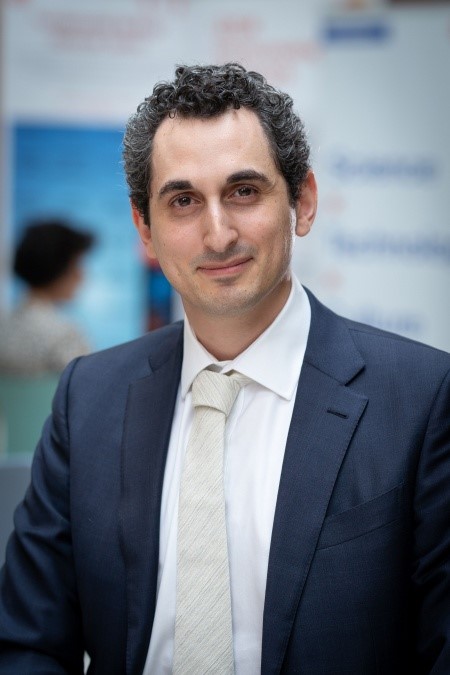
Speaker: Dr Daniel Marks, AstraZeneca
Talk title: BJCP and Clinical Drug Development
Biography: Daniel Marks is a consultant physician with expertise in acute and general medicine, clinical pharmacology, and drug development. Dr Marks studied medicine at University College London, and was awarded a PhD and Wellcome Trust postdoctoral research fellowship for his work on the immunology of Crohn's disease and ulcerative colitis.
He trained in general medicine and clinical pharmacology at University College London Hospitals, during which he developed his sub-specialty interests in drug discovery and clinical trials. Alongside his role at UCLH, he is Executive Medical Director and Global Project Leader for Early Clinical Development (Immunology) at AstraZeneca. Prior to this role, he was Director for Discovery Medicine at GlaxoSmithKline.
Professor Oscar Della Pasqua
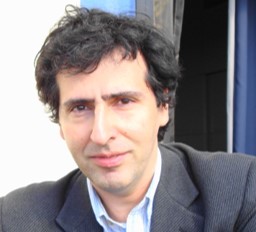
Speaker: Professor Oscar Della Pasqua, GlaxoSmithKline
Talk title: BJCP and Clinical Drug Development
Biography: Prof Della Pasqua is Executive Director, Clinical Pharmacology Lifecycle Management at GSK R&D, UK. He has more than twenty years experience in pharmaceutical R&D, providing clinical pharmacology expertise across therapeutic areas in early and late phases of drug development. Since 2013 Prof Della Pasqua also acts as Chair Clinical Pharmacology & Therapeutics at the University College London (UCL). His research focuses primarily on the use of quantitative approaches for the evaluation of medicinal products in clinical development. His academic records are highlighted by his contribution to more than 180 publications in international journals, numerous PhD theses and post-doctoral programmes. Currently, Prof Della Pasqua is also a Senior Editor of the British Journal of Clinical Pharmacology.
Professor Serge Cremers
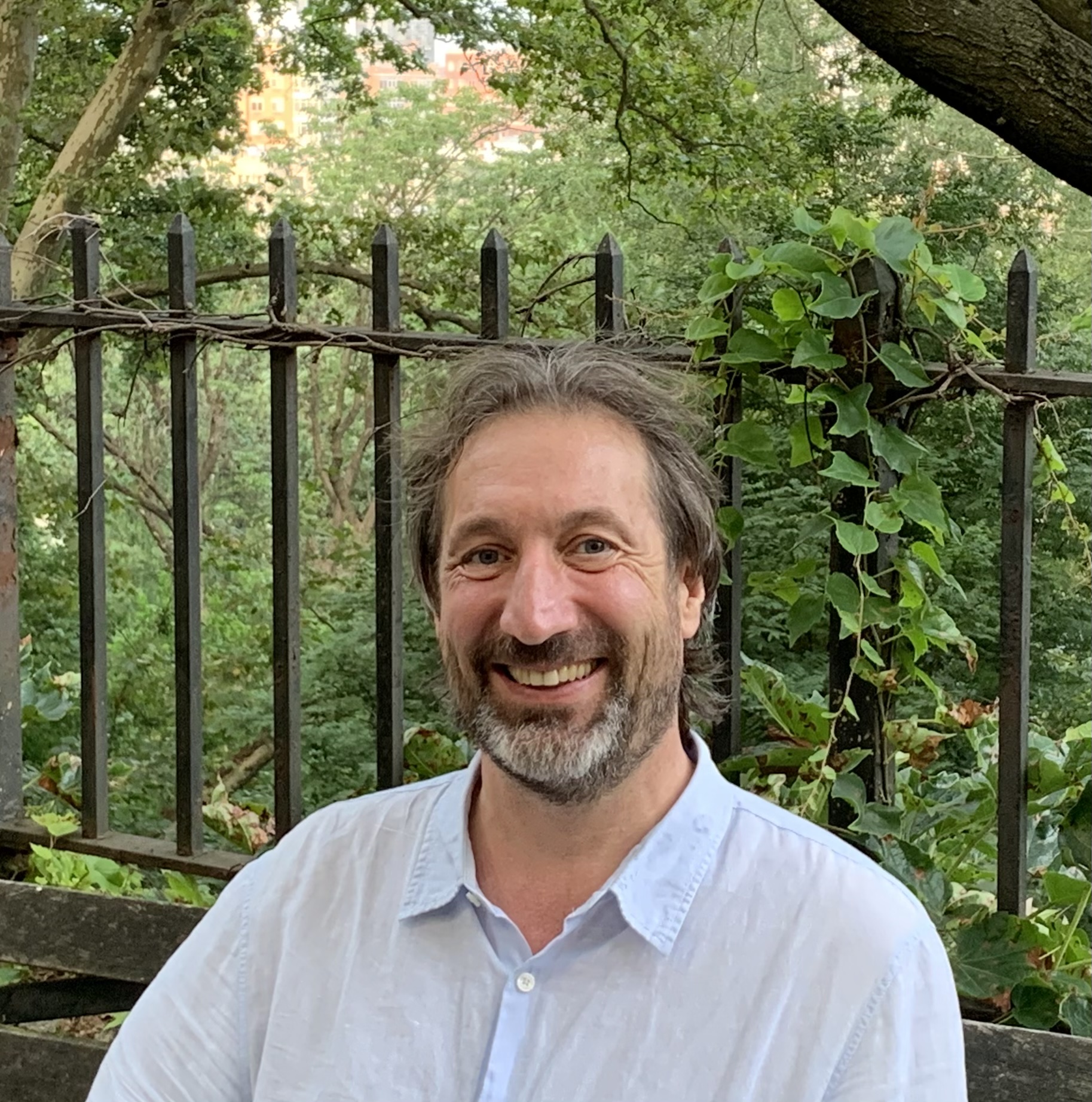
Speaker: Professor Serge Cremers, Columbia University New York
Talk title: Present day and future of BJCP
Biography: Dr Cremers is Professor of Pathology & Cell Biology and Medicine at Columbia University in the City of New York. He is the Director of the CLIA-licensed Clinical Pharmacology and Toxicology Laboratory at Columbia University Irving Medical Center, which develops and runs mass spectrometry-based assays for drugs and biomarkers in support of patient care and clinical studies. His research is focused on clinical pharmacology of drugs in metabolic bone diseases, cancer, transplantation, infectious diseases, and psychiatry. He is also the Editor-in-Chief of the British Journal of Clinical Pharmacology.
Other speakers include:
1). Dame June Raine, Medicines and Healthcare products Regulatory Agency
2). Professor Geert Jan Groeneveld, Centre for Human Drug Research
3). Dr Andrew Webb, Kings College London




